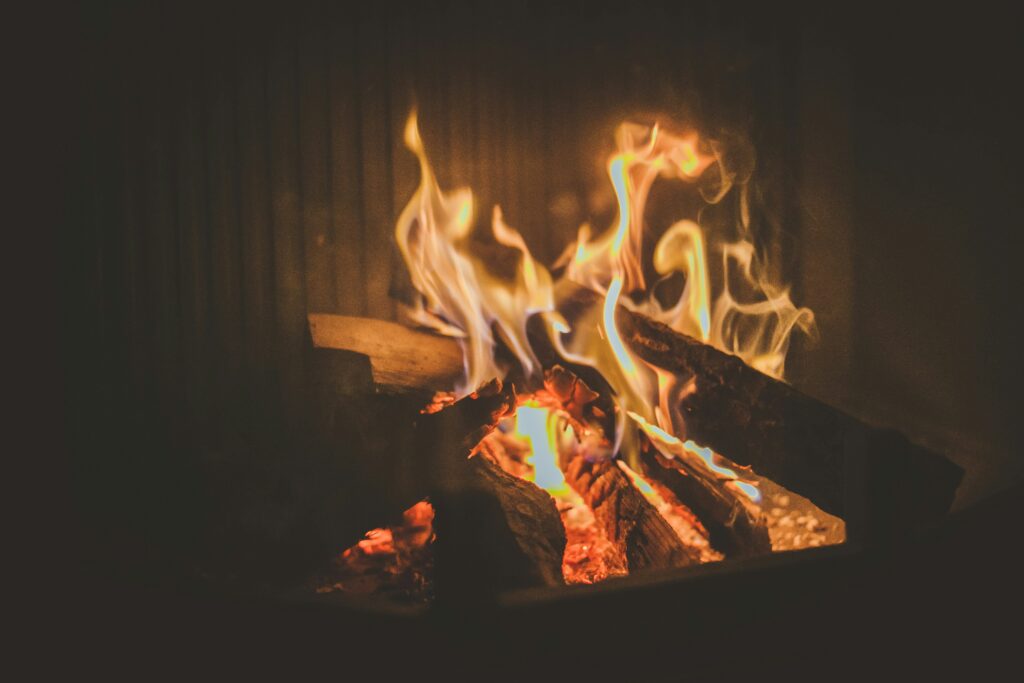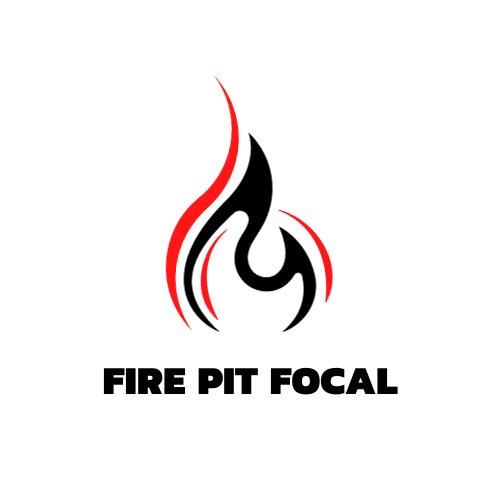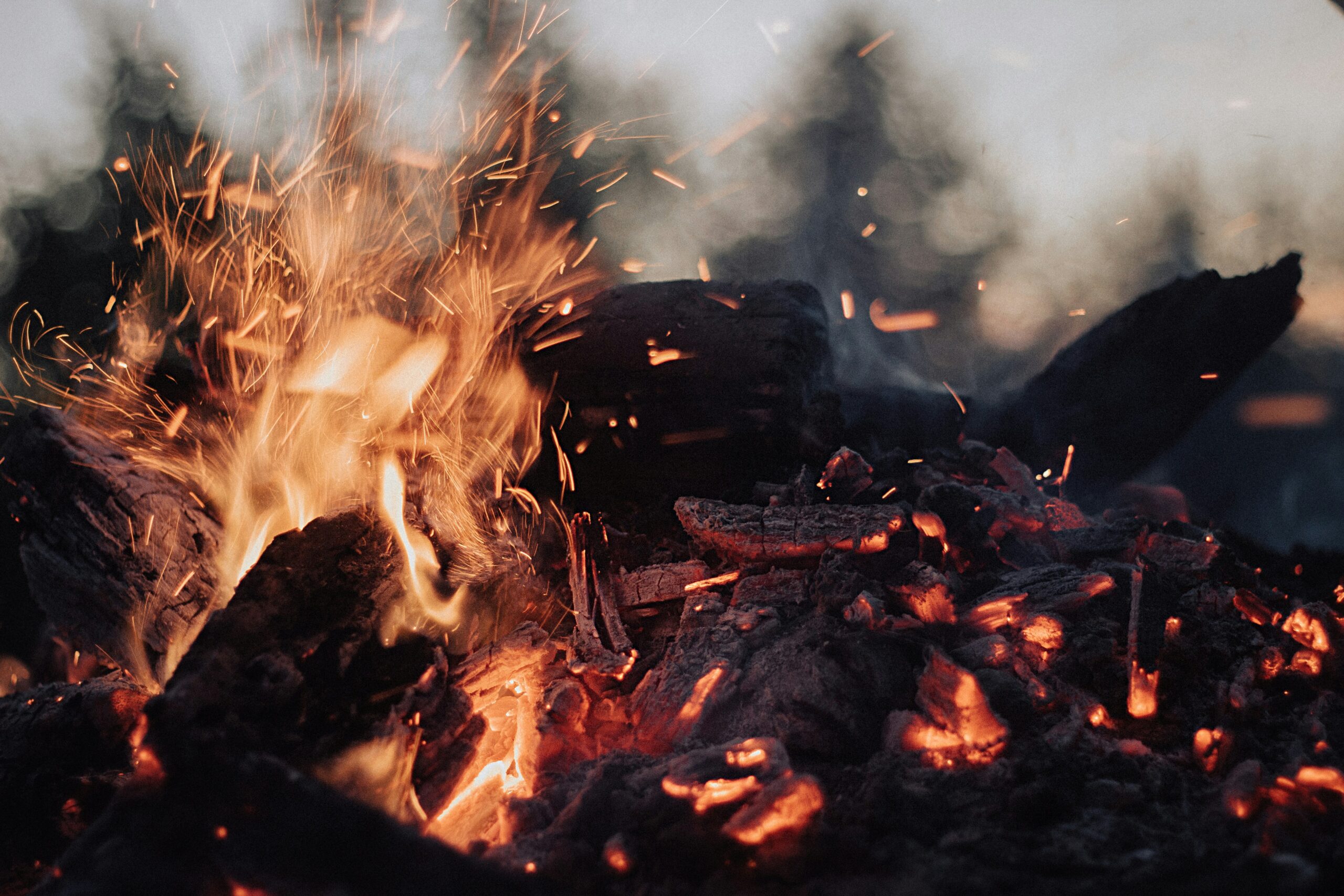In your quest to enjoy cozy evenings around a wood fire pit, you may be wondering if it’s safe to use treated or painted wood. While the allure of colorful flames may be tempting, it’s important to know the potential risks and precautions involved. Let’s dive into the details and explore whether it’s safe to burn treated or painted wood in your wood fire pit.
Can I Use Treated Or Painted Wood In A Wood Fire Pit?
Curious if it’s safe to use treated or painted wood in your wood fire pit? Let’s take a closer look at the implications of using these types of wood in your outdoor fire pit.
Identifying Treated Wood
Before diving into whether or not you can use treated wood in your wood fire pit, you need to understand how to identify treated wood. Treated wood is typically identified by its greenish or brownish coloration, which is an indication that the wood has been treated with chemicals to prevent rot and decay.
Using treated wood in a fire pit can release harmful chemicals into the air when burned, posing health risks to those nearby. It’s best to avoid using treated wood in your wood fire pit to ensure the safety of yourself and others.
Potential Dangers of Burning Treated Wood
When treated wood is burned, it releases toxic chemicals such as arsenic, copper, and chromium into the air. These chemicals can pose serious health risks when inhaled, leading to various respiratory issues and even long-term health problems.
By avoiding the use of treated wood in your wood fire pit, you can protect yourself and your loved ones from the harmful effects of these toxic chemicals.
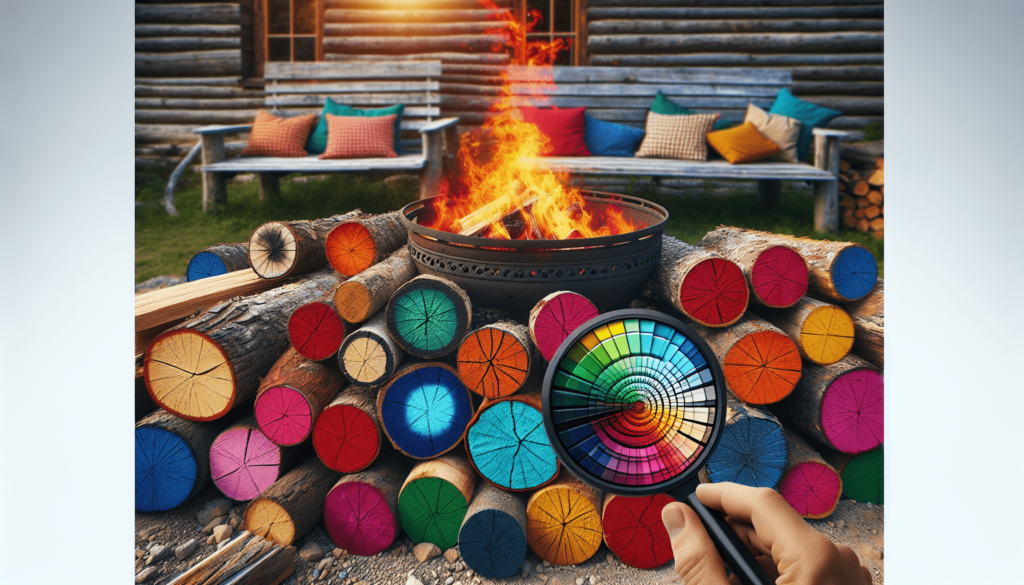
Alternatives to Treated Wood
If you’re looking for safe and eco-friendly alternatives to treated wood for your wood fire pit, there are plenty of options available. You can opt for natural firewood, such as oak, maple, or birch, which burn cleanly and efficiently without releasing harmful chemicals into the air.
Another alternative is using wood pellets or compressed sawdust logs, which are made from recycled wood and burn more efficiently than traditional firewood. These options are not only safer for your health but also better for the environment.
Understanding Painted Wood
Painted wood is another type of wood that should be avoided in wood fire pits. When painted wood is burned, the paint releases harmful chemicals into the air, posing health risks to those nearby.
To ensure your safety and the safety of others, it’s best to steer clear of using painted wood in your wood fire pit and opt for safer alternatives.
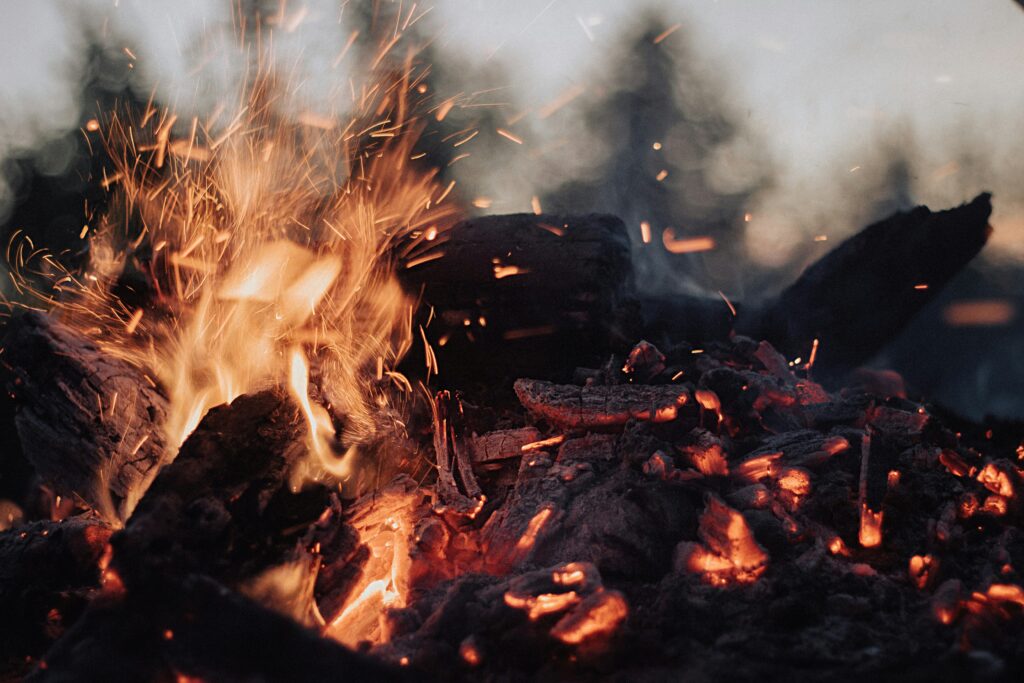
Risks of Burning Painted Wood
When painted wood is burned, the paint releases volatile organic compounds (VOCs) and other toxic chemicals into the air. Inhaling these chemicals can lead to a range of health issues, including respiratory problems, headaches, and nausea.
By choosing not to burn painted wood in your wood fire pit, you can protect yourself and others from the potential dangers associated with inhaling these harmful chemicals.
Safe Wood Choices for Your Fire Pit
When it comes to choosing the right type of wood for your wood fire pit, it’s essential to opt for safe and natural options that won’t release harmful chemicals when burned. Here are some safe wood choices to consider:
| Type of Wood | Description |
|---|---|
| Oak | Burns hot and long, ideal for a wood fire pit. |
| Maple | Produces a sweet aroma when burnt, perfect for outdoor fires. |
| Birch | Burns cleanly and has a mild fragrance, great for fire pits. |
| Cherry | Offers a pleasant scent and burns well, creating a cozy ambiance. |
By selecting safe wood options like oak, maple, birch, and cherry for your wood fire pit, you can enjoy a warm and inviting fire without worrying about the potential health risks associated with burning treated or painted wood.
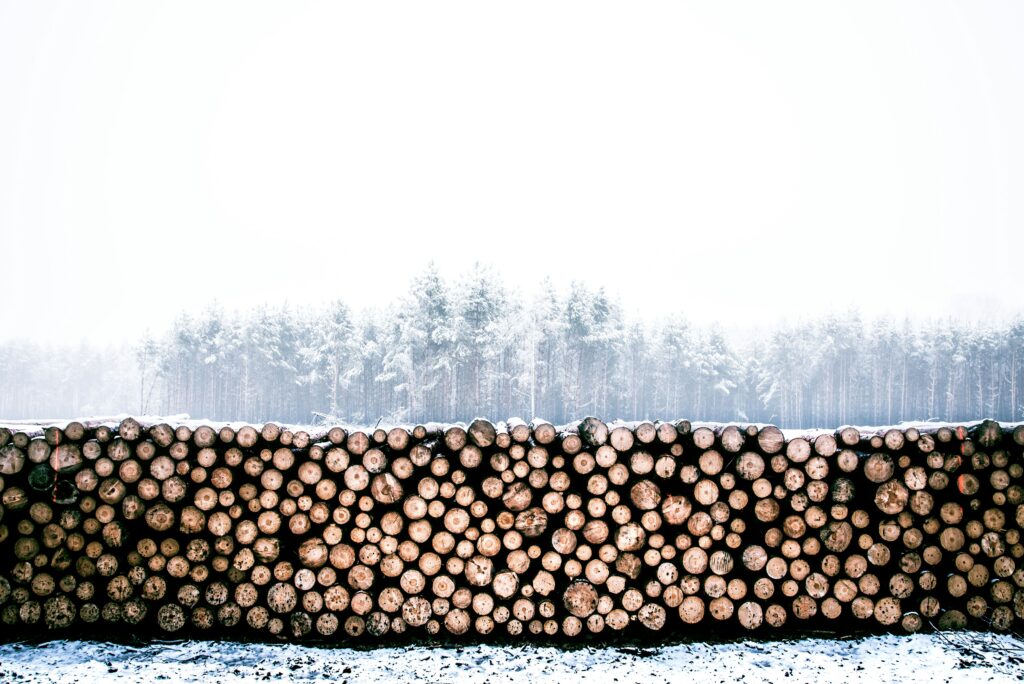
Best Practices for Safe Wood Burning
In addition to choosing the right type of wood for your wood fire pit, there are some best practices to follow to ensure safe and efficient wood burning:
- Proper Ventilation: Ensure adequate ventilation around your fire pit to prevent the buildup of smoke and harmful fumes.
- Use a Screen: Utilize a fire pit screen to contain embers and sparks, reducing the risk of accidental fires.
- Keep a Safe Distance: Maintain a safe distance between your fire pit and any flammable materials, such as furniture, plants, or structures.
- Extinguish Safely: Always fully extinguish your fire before leaving it unattended to prevent the risk of a runaway fire.
By following these best practices, you can enjoy a safe and enjoyable wood burning experience in your fire pit.
Conclusion
While the temptation to burn treated or painted wood in your wood fire pit may be there, it’s essential to prioritize safety and health. By avoiding the use of treated and painted wood and opting for safe alternatives, you can create a warm and inviting fire pit experience without compromising on your well-being. Remember to choose natural and safe wood options, follow best practices for wood burning, and enjoy the cozy ambiance of your wood fire pit without any worries.
